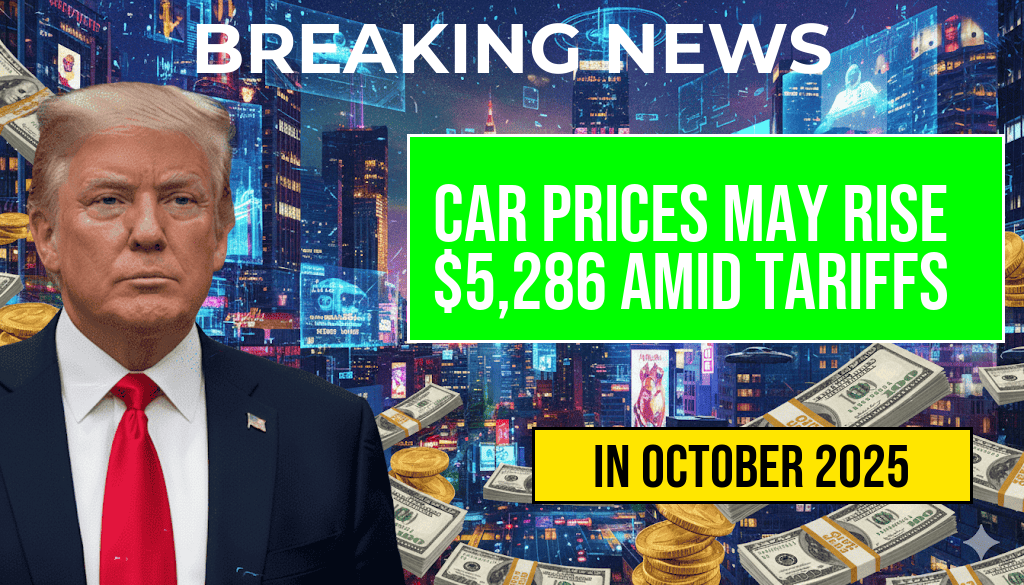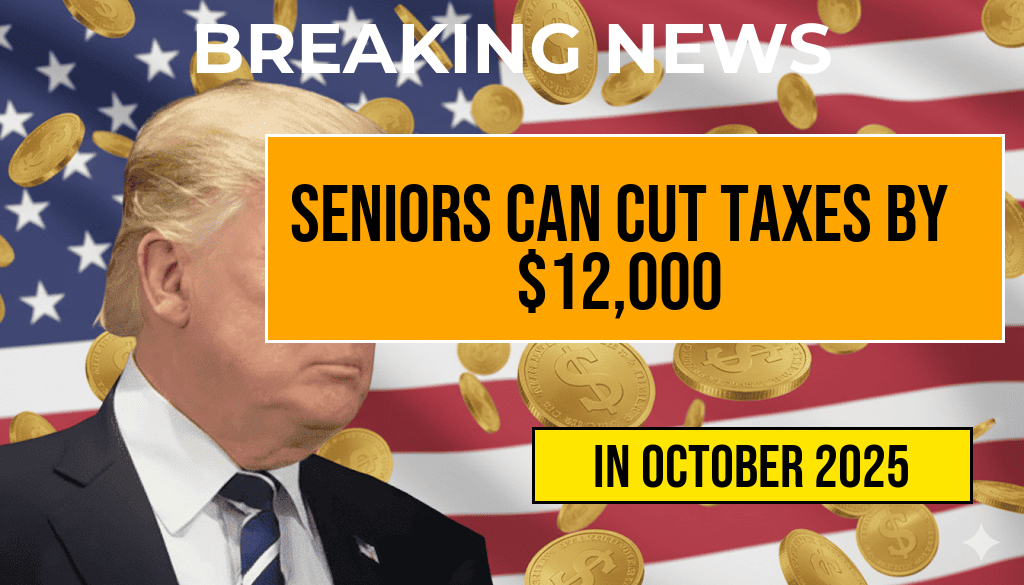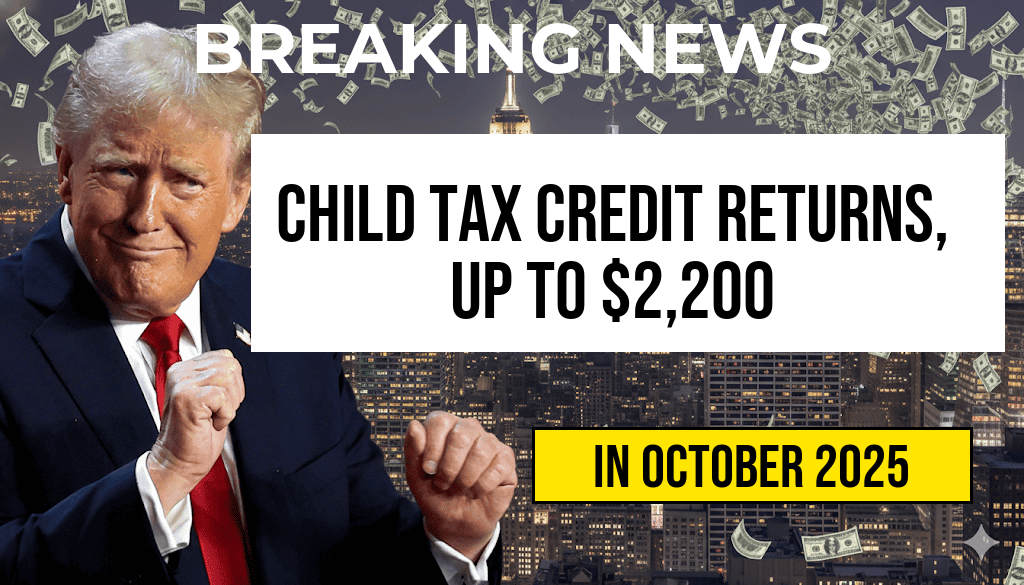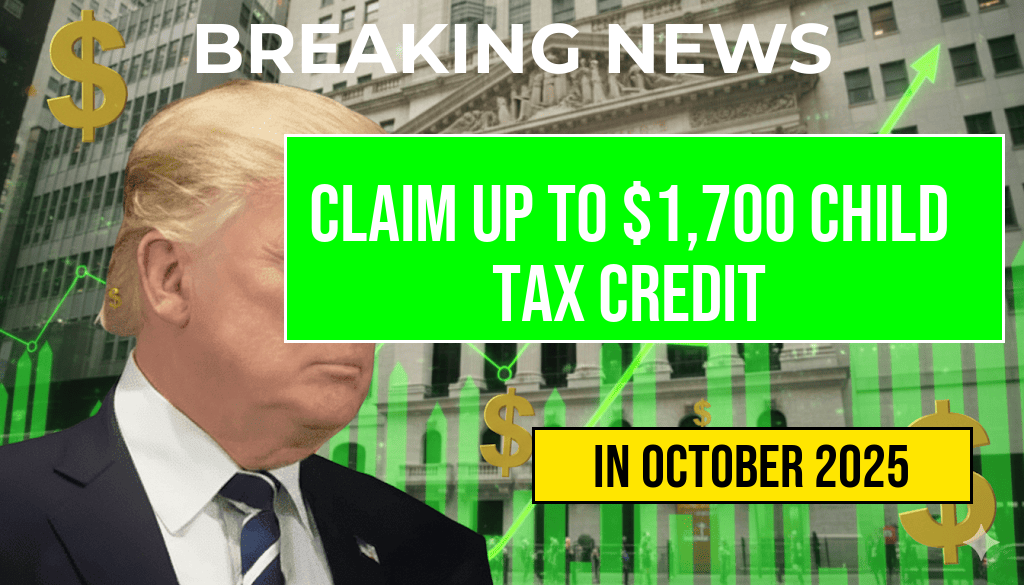Automakers and consumers are facing the prospect of higher vehicle prices as former President Donald Trump has renewed threats to impose tariffs on imported vehicles and auto parts. If enacted, these tariffs could lead to an increase of up to $5,286 per vehicle, significantly impacting the affordability of new cars across the United States. The potential escalation in costs stems from Trump’s recent remarks suggesting a possible reintroduction of tariffs that would target key foreign automakers, reversing previous trade agreements. Industry analysts warn that such measures could disrupt supply chains, inflate manufacturing costs, and ultimately burden consumers during a period of already rising vehicle prices.
Background on Tariffs and Auto Industry Dynamics
Trade tariffs are taxes imposed on imported goods, often used as leverage in international negotiations or to protect domestic manufacturing. The auto industry, heavily reliant on global supply chains, is particularly sensitive to such measures. Countries like Japan, Germany, and South Korea export a significant share of vehicles and parts to the U.S., and any tariffs could lead to substantial cost increases.
In recent years, the U.S. auto market has experienced a steady increase in vehicle prices, driven by rising manufacturing costs, supply chain disruptions, and shifting consumer preferences. According to data from the Bureau of Labor Statistics, the average price of a new vehicle has climbed approximately 14% over the past three years. The prospect of tariffs adds a new layer of uncertainty, with industry experts warning that prices could surge further if tariffs are reinstated or expanded.
The Impact of Trump’s Tariff Threats on Vehicle Pricing
Projected Cost Increases
| Vehicle Type | Current Average Price | Potential Increase | Total Estimated Price |
|---|---|---|---|
| Sedan | $40,000 | $2,500 | $42,500 |
| SUV | $50,000 | $3,286 | $53,286 |
| Pickup Truck | $45,000 | $4,000 | $49,000 |
| Luxury Vehicle | $80,000 | $5,286 | $85,286 |
Analysts estimate that a reimplementation of tariffs at levels similar to those proposed during previous trade disputes could result in vehicle price hikes ranging from $2,500 for smaller models to over $5,200 for luxury and larger vehicles. This surge would represent a significant financial burden for consumers, potentially discouraging new car purchases and accelerating the shift toward used vehicles or alternative transportation options.
Industry Response and Market Implications
Major automakers have expressed concern over the potential tariffs, emphasizing their negative impact on both production costs and consumer pricing. Ford and General Motors have issued statements urging policymakers to avoid measures that could destabilize the auto market. An industry insider noted, “Imposing tariffs after years of supply chain integration will only serve to raise costs without addressing underlying trade issues.”
Market analysts predict that if tariffs are reintroduced, the immediate consequence would be a slowdown in vehicle sales, especially in the entry-level and mid-range segments. Consumers may delay purchases or opt for used cars, which could dampen new car sales and affect dealership revenues. Additionally, manufacturers might accelerate shifts toward domestic sourcing or diversify supply chains to mitigate future risks.
Broader Economic and Political Context
The threat of tariffs comes amid ongoing negotiations over trade policies and international relations. The Biden administration has generally taken a more cautious approach toward tariffs, emphasizing diplomacy over punitive measures. However, Trump’s recent statements signal a potential shift that could reignite trade tensions, particularly with countries that dominate the auto export market.
Economic experts warn that such moves could exacerbate inflationary pressures, especially given the current inflation rate and supply chain disruptions caused by the COVID-19 pandemic. The auto industry, which accounts for a significant portion of manufacturing employment and economic activity, remains vulnerable to policy shifts that threaten to increase costs and slow growth.
Consumer Considerations and Future Outlook
For consumers, the primary concern remains the affordability of new vehicles. With the possibility of price increases up to $5,286, many prospective buyers might reconsider their purchasing plans. As vehicle prices continue to rise, alternatives such as used cars, ride-sharing, or public transportation may become more attractive options.
Experts advise shoppers to monitor trade policy developments closely and consider timing their purchases accordingly. Meanwhile, automakers are exploring strategies to absorb some of the cost increases, such as reducing profit margins or shifting production to domestic plants, though these measures can only partially offset the impact of tariffs.
For additional insights on trade policies and their effects on the automotive sector, consult resources like Wikipedia’s overview of the U.S. auto industry and Forbes’ coverage on trade and manufacturing trends.
Frequently Asked Questions
What is the main reason behind the car price surge discussed in the article?
The price surge is primarily due to Trump’s tariff threat on imported vehicles and auto parts, which could lead to increased manufacturing costs and higher prices for consumers.
How much could the additional cost be for new cars if tariffs are implemented?
The article estimates that vehicle costs could increase by up to $5,286 per car if tariffs are imposed as threatened.
Which types of vehicles are most affected by the potential tariff?
The tariffs would mainly impact imported cars and auto parts from foreign manufacturers, affecting a wide range of vehicles, including popular brands and models.
What impact could these price increases have on consumers?
Consumers may face higher purchase prices for new cars, potentially reducing affordability and delaying or discouraging new vehicle purchases.
Are there any measures or alternatives to mitigate the cost increase for buyers?
Potential measures include exploring domestic manufacturing, negotiating trade agreements, or manufacturers absorbing some costs to minimize the price impact on consumers.






